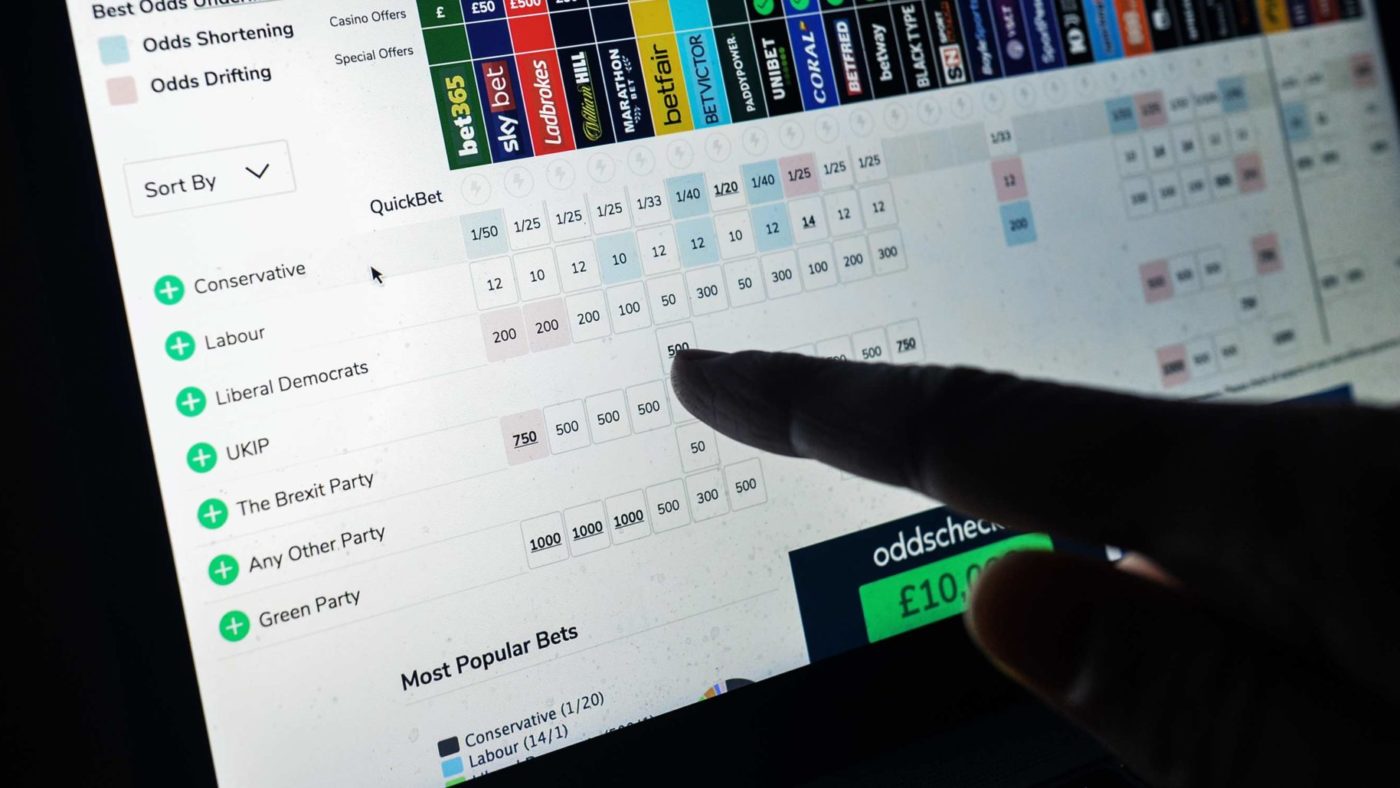With just two months to go until the US presidential election, there is an interesting divergence between pollsters and punters on the state of the race. Polling averages generally show Joe Biden with a clear lead, in the high single digits, whereas the betting is pretty much even between him and Donald Trump.
Why might that be? There are a couple of important differences between the two. Firstly, polls are a measurement of the present, not a prediction of the future. Punters are trying to predict the future, so need to think about how things may change, as well as the possibility that the polls may be wrong. (It is entirely possible that polls in swing states are still skewed, but there’s no reason to think that’s likely).
Secondly – and quite fundamentally – polling measures vote share, while the potential outcomes being bet on are probabilities. For example, if the day before an election polls show that candidate A is on 70% of the vote and candidate B is on 30%, candidate A’s probability of victory is not 70%, but almost 100%.
Even so, without any historical tendency for US presidential polls to move strongly (or be wrong) in one direction more than the other, a toss-up market is what we would expect from very close polls, or at least very close polls in swing states, since it is the Electoral College that counts.
Indeed, models based on polling, such as that published by 538, model the probabilities of each outcome and paint the sort of picture you might expect from the polls – Biden clearly the frontrunner, though not a certainty.
As such, it’s not just that we are talking about two different things, but also that those two sources of information really are telling quite different stories.
It’s worth remembering that betting (whether bookmaker or exchange) is primarily a tool that allows supply and demand for risk to meet, not one for forecasting. The fact that the price at which the market clears can be interpreted as a probability does not change that. Tradeable markets often reflect things other than pure expectations.
To take an example from the financial markets, long-term market interest rates have historically been higher than short term ones, which is mathematically consistent with traders expecting short-term rates to rise in the future. But that’s not the same as the market actually expecting higher rates most of the time.
The reality is that even the most liquid and sophisticated traded markets won’t simply reflect expectations, but also things like the relative balance of buying and selling flow, what positions traders hold, market psychology, or simply people being unwilling to trade against a market that they think is only somewhat mispriced.
In this sense, betting is no different to other types of markets, and it would be wrong to assume that punters or bookies are privy to some information to which the rest of us are not.
But in other ways, betting is very different. It is a less liquid market than, say, foreign exchange trading, meaning that it takes far less money to cause a big move. And the nature of politics is such that in some cases there may even be an incentive for the campaigns to push markets around intentionally (though there is no reason to think that that’s the case here).
Betting also has some unique characteristics when it comes to psychology. People trading things like derivatives are not normally doing so based on some kind of emotional attachment to them. People betting, on the other hand (and this applies to sports as well as politics), often do have an emotional stake in who wins, which may lead to hearts ruling heads.
It can also lead to “emotional hedging” – betting on an outcome you don’t want in order to get financial compensation if it occurs, and happily losing your stake if it doesn’t.
Ultimately, the gap between the two sources isn’t that great in terms of likeliest popular vote outcomes that each implies (a difference of a few points). It’s just that the stakes are high – the current state of play is only normal-sized polling miss away from either a Biden landslide or Trump squeaking out an electoral college win, a distinction which in turn has high stakes politically.
This may sound familiar, and of course it is – it’s reminiscent of December’s UK election, where the 10-point Conservative lead seen throughout the campaign was just a normal-sized polling miss away from either a hung parliament, which would have changed the Brexit story, or a Tory landslide, which would not.
Then, as now, the commentary was disproportionately on the risks of polling having the same errors as last time (in other words, the favourite underperforming their polls). It is quite plausible that punters are thinking along similar lines now.
There is no single right answer when it comes to putting probabilities on election results. But it is likely that a well-specified, empirical, poll-based model is a better reflection of the sum of what we know than the black box of betting-derived probabilities.
Click here to subscribe to our daily briefing – the best pieces from CapX and across the web.
CapX depends on the generosity of its readers. If you value what we do, please consider making a donation.


